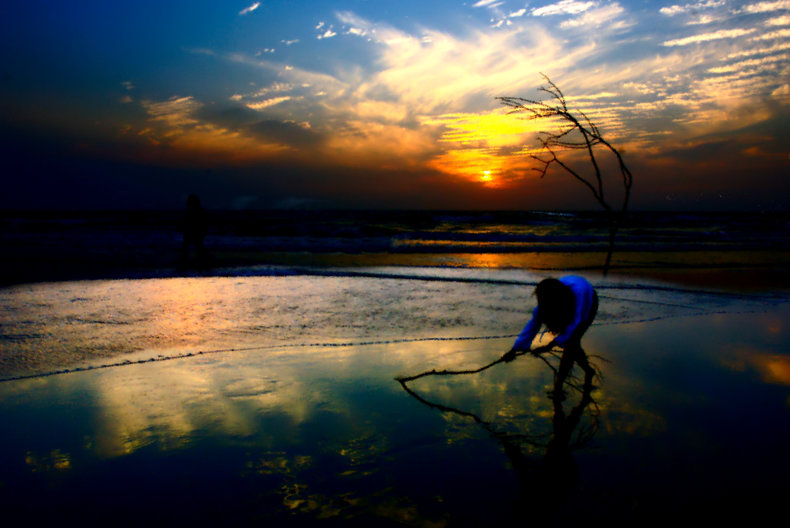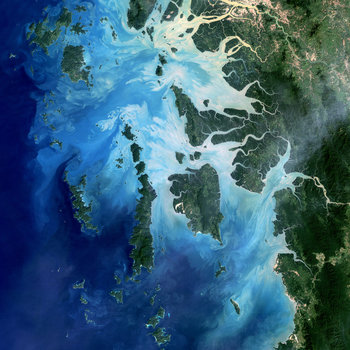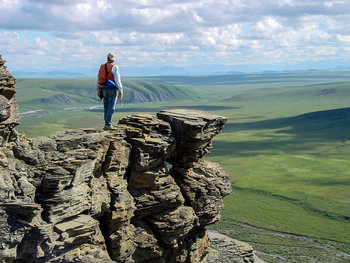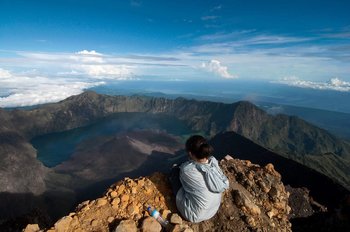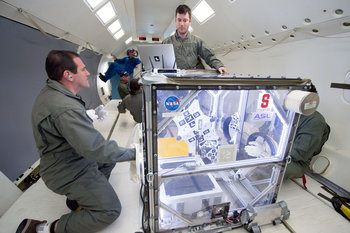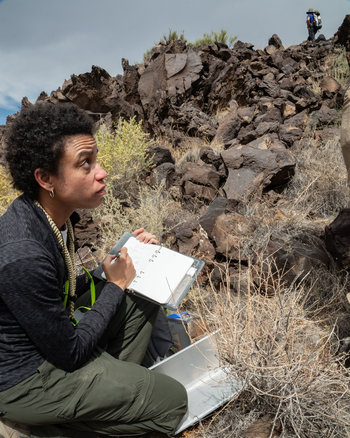|
| |
John Spacey, October 13, 2021 updated on February 19, 2022
Nature is the set of systems, processes, things, events and phenomena that exist independently of humans. This is contrasted with products of human societies, cultures and technologies. On Planet Earth, nature is heavily influenced by humans such as the line between the natural and man-made is often grey. For example, the atmosphere has been contaminated with pollution from human sources. The following are illustrative examples of nature.
Algae | Amphibians | Animal Culture | Animals | Arachnids | Atrophy | Aurora Borealis | Avalanches | Bacteria | Bamboo | Beaches | Bees & Honey | Biology | Biomes | Birds | Birth & Death | Black Holes | Breathing | Canyons | Carnivores | Caves | Cells | Chaos | Cliffs | Climate | Clouds | Coasts / Shorelines | Comets | Competition | Continents | Coral Reefs | Crustaceans | Crystals | Cyclones | DNA | Dark Matter | Decomposition | Deserts | Earth's Atmosphere | Earthquakes | Eclipses | Ecosystems | Electricity | Electromagnetic Radiation | Elements (i.e. Periodic Table) | Entropy | Erosion | Evolution | Fire | Fish | Floods | Flowers | Fog & Mist | Food Chains | Forests | Fungi | Galaxies | Gemstones | Glaciers | Grasslands | Gravity | Hail | Herbivores | Herbs | Hot Springs | Hurricanes & Typhoons | Ice | Ice Storms | Icebergs | Insects | Islands | Kelp Forests | Lagoons | Lakes | Landforms | Landslides | Light | Light Pillars | Magma | Magnetism | Mammals | Mangroves | Meadows | Metals | Meteors | Midnight Sun & Polar Night | Milky Way | Minerals | Mollusks | Moons / The Moon | Moss | Mountains / Mountain Ranges | Mud | Night & Day | Oceanic Trenches | Oceans | Omnivores | Oxygen Cycle | Parasites | Planets / The Planet Earth | Plants | Pollen | Ponds | Radio Signals | Rain | Rainbows | Rainforests | Reptiles | Rivers | Rocks | Rogue Waves | Rust / Rusting / Oxidation | Sand | Sand Dunes | Sea Shells | Seasons | Seeds | Shadows | Snow | Soil | Solar System | Solar Wind | Space | Space Dust | Stars | Submarine Vents | Sunrise & Sunset | Supernova | Tectonic Plates | Temperature | The Sun | Thunder | Tide Pools | Tides | Time | Tornadoes | Trees | Tsunami | Tundra | Valleys | Vines | Viruses | Volcanoes / Volcanic Eruptions | Water | Water Cycle | Waterfalls | Waves | Weather | Wildfires | Wind |
Science
This is the complete list of articles we have written about science.
If you enjoyed this page, please consider bookmarking Simplicable.
An overview of the branches of geology.
The basic characteristics of the four seasons.
An a-z list of things that are found in nature.
The definition of light with examples.
An a-z list of physical properties with basic explanations of each.
An overview of the characteristics and properties of sound.
An overview of the physics of time.
A list of sciences.
A list of the common types of landform.
A list of common academic disciplines.
A few differences between design and scientific thinking.
The definition of accuracy with examples.
Examples of measurement including common tools, measurements and units.
A list of hot things (temperature).
A guide to designing and conducting experiments.
An overview of common science topics.
A vocabulary for describing research.
The definition of primary research with examples.
An overview of qualitative information with examples.
An overview of the characteristics of a good theory.
TrendingThe most popular articles on Simplicable in the past day.
Recent posts or updates on Simplicable.
Site Map
© 2010-2023 Simplicable. All Rights Reserved. Reproduction of materials found on this site, in any form, without explicit permission is prohibited.
View credits & copyrights or citation information for this page.
|
